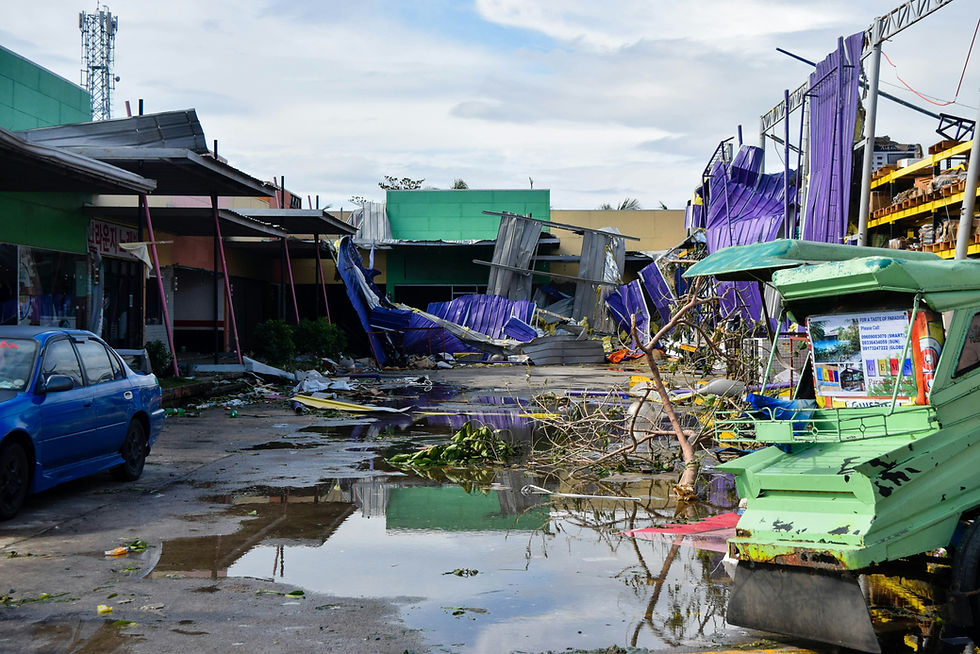Tax Me If You Can – Monaco’s Fiscal Paradise
- Ioana Nicolau
- Apr 13, 2016
- 4 min read
Updated: Feb 10, 2023
At times confused for being a part of France, Monaco is a sovereign nation since 1861. The country is a Principality (a distinctive type of monarchy), by means through which it is ruled by a Prince, not by a king. The House of Grimaldi came to power in the 13th century and has been ruling the Monegasque state with brief interruptions since then.
In the general public’s mind, the microstate represents the house of casinos, Formula 1, Grace Kelly and actually, of everything that is luxurious. But one of its other outstanding features (especially for the wealthy ones), is its well-known tax haven. The country manages to keep its books balanced without placing heavy tax burdens on its residents and this has been ever since 1869. The same so-called “tax paradise” is also present in Andorra, the Bahamas, Bermuda and UAE. Nevertheless, with its streets dripping in bling, Monaco is by far one of the most interesting places to discuss.
To be clear, the country is not a completely “tax-free” area. It shares the VAT system with France, charging 19.6% VAT on all goods and services. In addition, companies face a 33% tax on profits unless they prove that three-quarters of their turnover is generated within the state. In turn, residents of Monaco benefit from a 0-personal income tax regime and do not have to pay capital gains tax nor wealth tax. Foreigners officially residing in Monaco and people with the Monegasque nationality can sit back and enjoy this. However, French nationals who are residing in Monaco do have to pay personal income tax that is determined in accordance with the principles of French tax law. Inheritance and gift taxes also have a special scheme, being applied only to assets situated within Monaco. In the case in which the assets are situated on the Monegasque territory, its residents pay a modest tax on them. But particularly, if assets are transferred within heirs in the direct line, then no gift or inheritance tax is actually applicable!
Now, how do you become a resident of Monaco? Besides being offered a contract by a Monegasque employer or holding an authorization to start up a business in Monaco (which is well known as being really hard to obtain), the third way requires you to deposit a modest amount of at least half of a million euro in a Monegasque bank. As a result of this, Monaco is now praised not only for being the country with one of the lowest unemployment rates in the world (of 2%), but also the country with the lowest poverty rate in the world and the highest number of millionaires and billionaires per capital.
Monaco’s relaxed fiscal policy has raised a lot of harsh criticism at the country and implicitly, at its head of state, HSH Prince Albert II. With time, this favorable fiscal environment has been leading super wealthy foreigners to flock to Monaco in order to “bury” their money. The country is carrying the reputation of an offshore tax haven and has been accused of protecting the wealth and privacy of some rather controversial residents. On a bigger scale, financial crime investigators explicitly accuse places such as Monaco for lending a hand to the biggest financial institutions for hiding troubled assets offshore in order to keep them out of regulators’ radar. Many see a direct link between the ability of these institutions to store a fortune in offshore shells and the financial crisis. In the middle of the financial meltdown, banks were believed to be playing a game – it is believed no bank lend to each other because everybody had “bad stuff” in offshore accounts, but nobody was able to know how much the other had. As a consequence, the market got frozen.
In order to distance itself from the association with an offshore tax shelter, Monaco has started to sign bilateral agreements that foster cooperation against tax fraud with respect to international criteria. The country implemented taxation on bank interest income of non-residents, the interest gained being further directed to their home countries. Still, the European scheme does not comprise taxation on gift or inheritance assets and hardly allows information exchange with other jurisdictions. However, the efforts previously mentioned were not made in vain, leading to the exclusion of Monaco from OECD’s “grey list”. The country is constantly striving to prove its will to fight its illegal flows of money and continues to sign information exchange treaties with other jurisdictions. Monaco promptly signed 12 Tax Information Exchange Agreements (TIEAs) in 2009 and up until today, their number rose to 27. Just as an intriguing coincidence, Monaco signed its first TIEAs with countries that have the same golden ghetto image – Andorra, Bahamas, Lichtenstein, San Marino and Samoa.
In the end, it is most probable that Monaco will not strip off this grey halo too soon. Nicholas Shaxson, an expert in the harmful impacts of tax evasion, seems to be strengthening the idea that nowadays, taxing the rich is just a fairytale:
“Most worrying is how hard the world has found it to crack down on places such as Monaco. Leaders at a G20 summit in 2009 declared “the era of banking secrecy is over” and promised a big crackdown. They delivered modest changes, but the overall result looks more like a whitewash. It leaves a sour taste, and a question: why do we still tolerate these offshore bolt holes? The answer: because our wealthiest and most powerful élites want them. In this age of austerity, we need a better reason.”
Now, should I stereotype my boss for having his residence in Andorra?




Comments